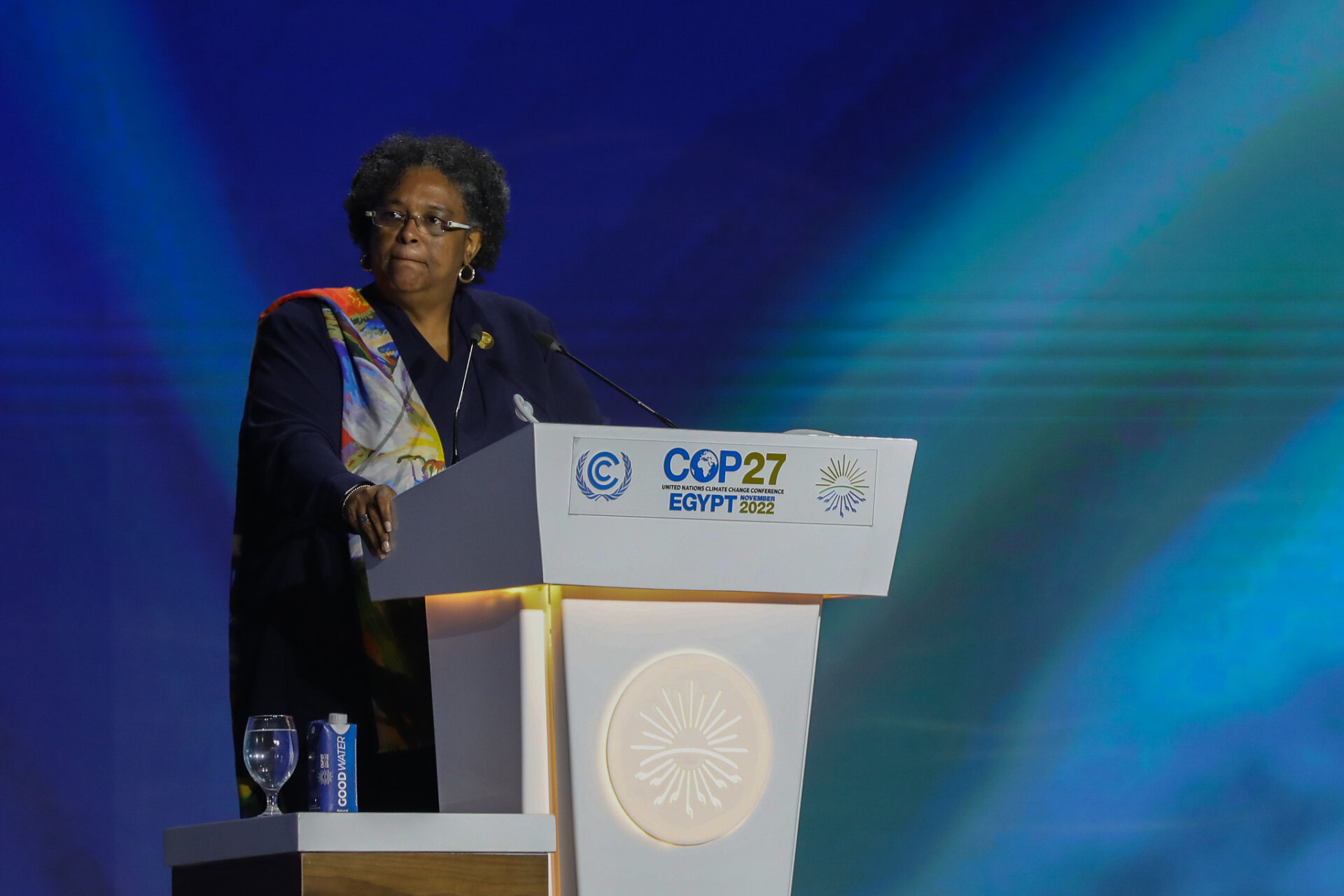Our global economic and financial system is under strain from many forces. It is not delivering collective action on global public goods and its global institutions are ill equipped to respond to new challenges in a world that is more multipolar and less secure. The Paris ‘Summit for a New Global Financing Pact’ in June is an opportunity for a broad North/South coalition to co-define an agenda of reforms and innovations needed and to agree political processes to deliver them.
The limits of global institutions such as the IMF and World Bank have been exposed under the current multiple and overlapping crises. Meanwhile, the full scale of the climate and development challenge that they’re unfit to meet has become clearer. Trust in institutions and multilateralism to fill these gaps is diminished by developed countries underdelivering on the $100 billion climate finance pledge made in 2009, and the other $100 billion promise to channel SDRs to vulnerable countries.
Major reforms and innovations are needed to get out of this economic rut, yet economic anxiety of average citizens in developing and many developed countries has led to a broad loss of faith in global institutions and collaboration.
The extent of answers by developed countries to these reform gaps is still largely limited to World Bank evolution and mobilising private sector finance that remains too volatile and expensive to be a real solution. In this vacuum of leadership, ideas for making multilateral institutions such as the MDBs work for people and planet have sprung up from multiple sources. Barbados launched the Bridgetown Initiative, the V20 proposed an Accelerated Financing Mechanism (AFM), African Ministers have called for a reformed global debt architecture and building on the 2021 G20-commissioned Capital Adequacy Reform Framework (CAF), India has launched a new G20 expert group on strengthening multilateral development banks (MDBs).
However, the polarised geopolitical landscape, exacerbated by failures in solidarity across the COVID-19 debt and climate crises, is undermining the ability of the global community to tackle fundamental reforms. At a time when our multilateral institutions face unprecedented strains, leaders must begin identifying the middle ground and Paris is an opportunity to deliver on this.
To meet the scale of climate and development financing required, consensus needs to be found around an agenda of reforms and innovations and political processes to deliver them. Four buckets of objectives are emerging:
- A substantial increase in concessional finance for development and global public goods
- A financing model that prioritises a partnership approach and ensures voice and representation
- An enhanced global safety net to secure debt sustainability and crisis response
- Incentives and risk-sharing platforms for private finance to support global public goods
The Paris Summit is a major opportunity to bring a coalition of the willing together, but there is no guarantee that any political agreement will pass. For that reason, the organizers need to create the political space for consensus and momentum building among Northern and Southern Leaders.
This is not the first time that the world economy became defined by financial instability and recession, inequality and debt distress, a lack of global leadership and war. It resembles 1944 when leading countries came together in Bretton Woods, New Hampshire to forge a set of principles and institutions to foster global stability and prosperity. Almost 80 years later, that system and its core institutions – the IMF, World Bank and WTO – loom large in a world bearing a striking analogy to a past the Bretton Woods delegates hoped would be gone forever.
The Paris Summit could be a moment for rebuilding the confidence and capacity for consensus around agendas for reform – bridging from US Treasury Secretary Janet Yellen’s invocation of the precedent of the Bretton Woods meeting and push for institutional reform at the World Bank and other MDBs to Barbados’ global coalition to “overhaul the global financial system”. Leaders will have to set a rhythm to deliver such at the G7 and G20, the MDBs and the upcoming COP. They are confronted with a basic choice: whether to follow through on the vision of Bretton Woods and deliver effective and critically needed leadership, or retreat into inflexible positions and hunker down for additional storms to come.



